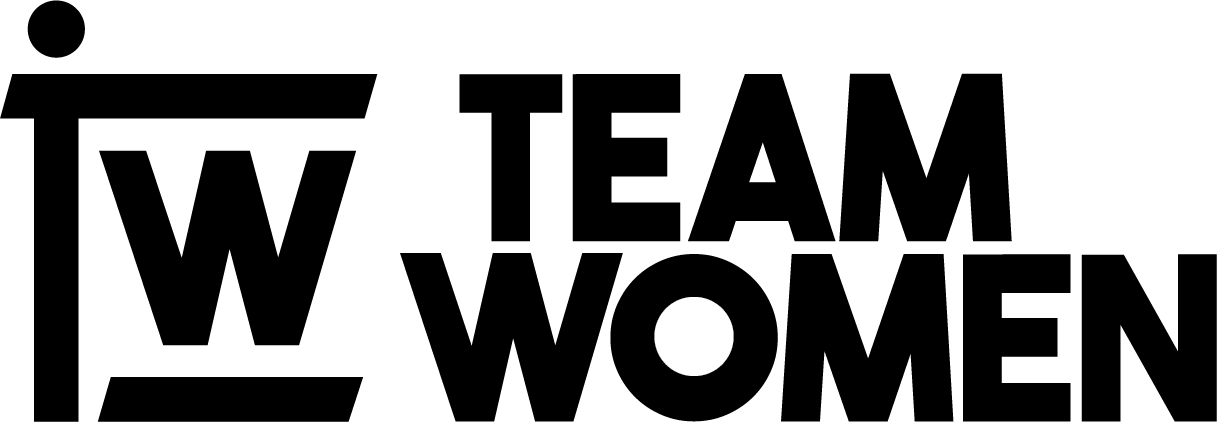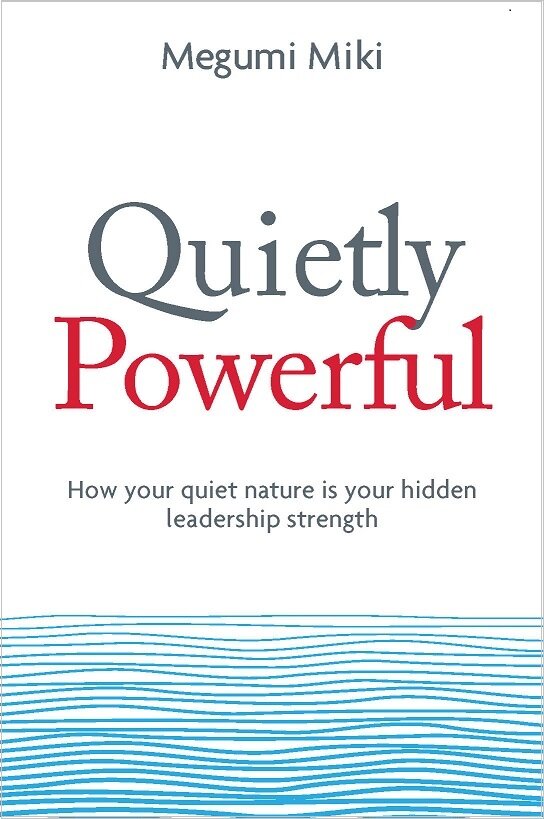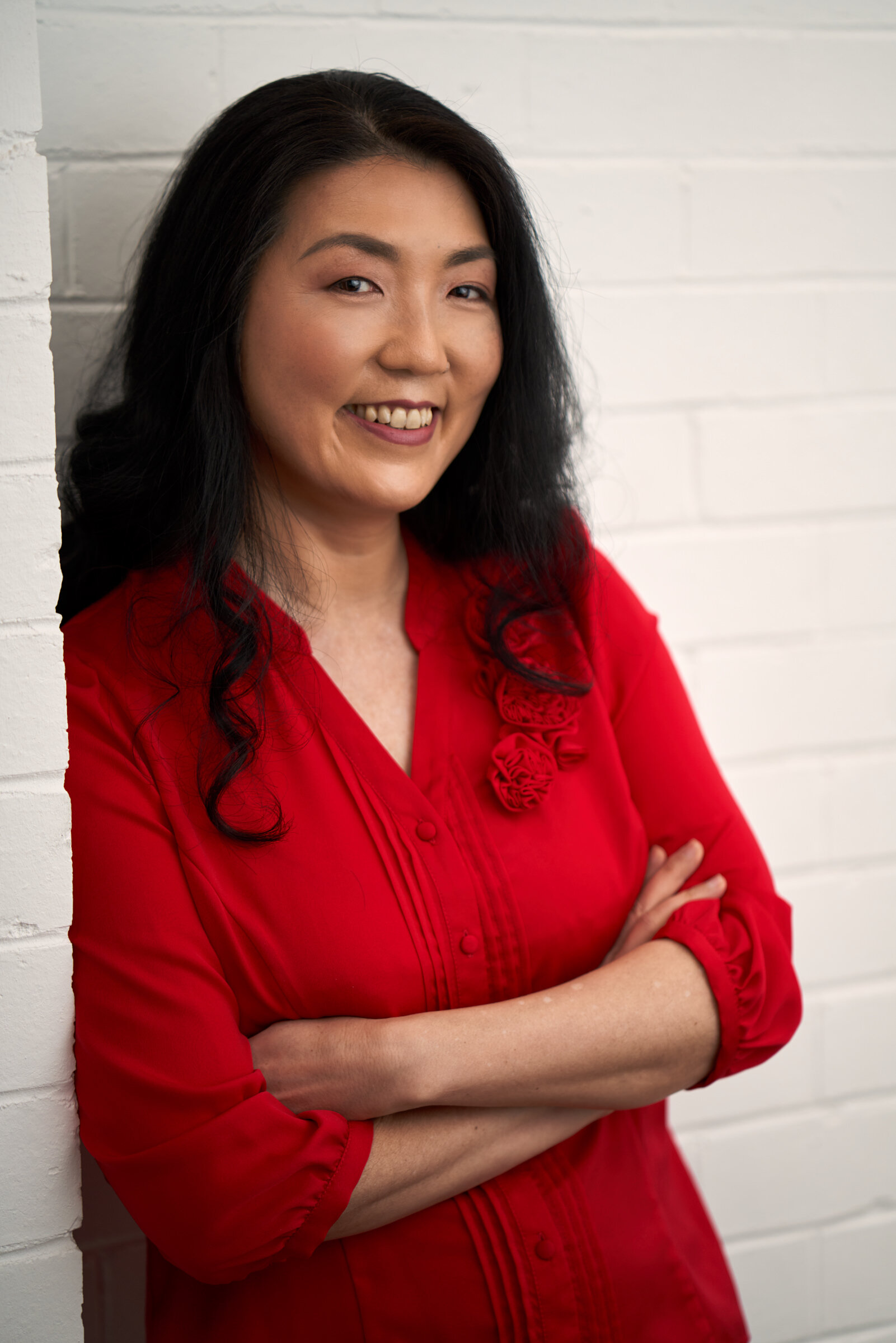Megumi Miki - Quietly Powerful Leadership
“Our world needs more Quietly Powerful leaders now, more than ever”
Megumi Miki is a leadership and culture specialist and founder of Quietly Powerful who helps individuals, leaders and organisations to unlock their hidden potential. She is the Author of ‘Quietly Powerful: How your quiet nature is your hidden leadership strength’ and ‘Start Inspiring, Stop Driving: Unlock your team’s potential to outperform and grow.
As a child, Megumi was told she was ‘otonashii’ (in Japanese) which translates to ‘mild and meek’. If you look at the Japanese characters, however, they say ‘adult-like’, with connections to being honest, warm and rounded. “I was praised for being calm, doing things at my own pace and handling pressure well – so being otonashii didn’t feel like a bad thing. I also moved a lot, going to eight schools in three different countries. Staying quiet and hidden was a survival mechanism. It felt safe and natural. Standing out made life difficult” - Megumi
After finishing university, getting a job at a global management consulting firm was a shock to the system for Megumi, who as a twenty-something consultant, was thrown in front of clients and expected to have intelligent conversations about their business.
“I had to look like I knew what I was doing, and I constantly worried about not knowing enough and being found out. I was expected to speak up in the presence of outspoken, articulate senior leaders – mostly white men. To get through this, I had to find a way to look more polished and confident, fast”
After management consulting, Megumi made a big career change becoming a facilitator and consultant for an organisational-wide cultural transformation program at ANZ Bank. It was a dream job in terms of what it allowed her to learn, her passion for the topics and the feeling of making a positive difference. While the job required her to stand in front of groups to facilitate she was regularly told to ‘be yourself’ and bring more energy. Other times she was told to ‘be more confident’ and ‘develop your executive presence’.
“The feedback made me anxious and self-conscious, which made it even more difficult to be myself. I didn’t know how to fully embrace my own style and I couldn’t find quiet role models to learn from”
Years later, a penny-dropping moment occurred for Megumi when she realised how unhelpful it was to compare herself to others. She got a glimpse of what her own unique contribution could be and the seed for Quietly Powerful was planted. Megumi started experimenting with her not hiding her quiet nature.
I was with a client who wanted me to facilitate an all-team strategy review workshop with about 40 people. The CEO who commissioned the work gave me feedback:
“that was a fantastic workshop - people were engaged, great ideas came out of it and the team took ownership of the strategy. It was as if you were invisible: you guided us when there was a need, but you had us doing the work, and that made a big difference.”
As I continued to experiment, I received similar comments about my style, not only in facilitation but in presentations and consulting. The consistent theme of clients appreciating that I listened and understood their needs, that I ensured that everyone was involved, that my understated style made everyone comfortable to engage, and that my observation skills allowed me to notice and engage the quieter people. The successes helped me believe that quietness is valuable and that more people should appreciate and leverage it.
When I started running breakfasts to explore the topic, I was confronted by countless examples of talented people being overlooked for being quiet, humble or not being visible enough. These were not just introverts, as many assume. Other factors played a part in talented people remaining hidden and disempowered. I felt the need to help individuals to thrive by using their quiet nature and help organisations to stop wasting talent.
When I started researching Quietly Powerful leaders in organisations it became evident that their quiet natures – such as their humility, presence and leading for a purpose rather than to gain attention – were indeed their strengths. My conviction grew and I was compelled to share this with quiet professionals who felt disempowered and also challenge the conventional views of what good leadership looks, sounds and feels like.
Who do you turn to for guidance, advice or support?
I have many people who I would consider to be my mentors, coaches and supporters. If I have to pick one, the person who has had a huge impact on my sense of self and personal development over the last 10 years is Stephen Schuitevoerder, teacher of a personal development and systemic change method based on Process Oriented Psychology. Learning to work with my inner critics has been a game changer, as has my ability to reframe my self-talk and understanding of my inner power. One of these self-talks was that I would never be seen as a leader because I’m a naturally quieter Japanese woman in a white male dominated world and that it was dangerous to stand out. It took me a lot of work to reframe these voices and I still continue to work with them, but I now don’t feel the voices are so strong they hold me back.
A LEADER IS SOMEONE WHO….
"A leader is someone who enables others to believe they can make a positive difference in their own unique way, through their role modelling and support” - Megumi
After three years of research, speaking, coaching and contemplation, Megumi’s hope is that both quiet and not-so-quiet people start to value quietness as a leadership strength and as a quality that enhances performance, wellbeing and relationships.
how can people connect with you…
Follow Quietly Powerful on Facebook, join the Quietly Powerful Group on Linked In or for more information about Megumi and her books visit Megumi Miki.



